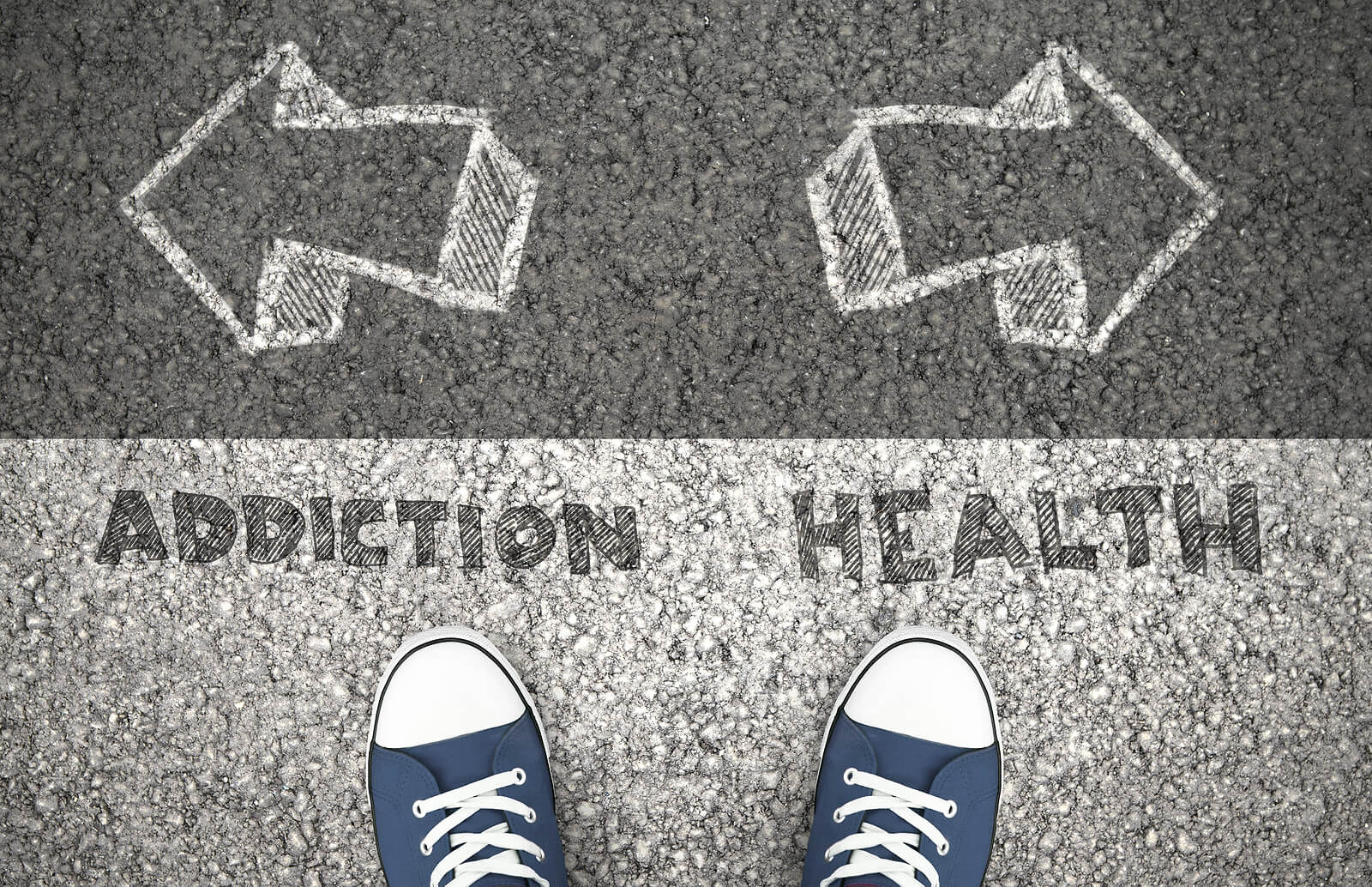It’s no surprise that what we eat can have a profound impact on our physical health. But did you know it can also affect our mental health as well? In fact, diet and nutrition play a significant role in battling depression. It can also play a significant role in the symptoms and severity of the condition.
Depression is often thought of as a mental health struggle that is usually treated with therapy or medication. However, many people don’t realize the importance of diet and nutrition in mental health as well. Eating a well-balanced diet can help manage and even prevent depression, making it an important factor to consider.
What is Depression?
Depression is a mental health disorder that can affect how you feel, think, and behave. It is much more than just feeling down or sad. It impacts your body, making it difficult to concentrate and find joy in activities that you once enjoyed. It has symptoms such as feelings of hopelessness or worthlessness, low energy, and sleep disturbances.
These symptoms can be increased when we choose to eat an unhealthy diet. It is important to understand the link between diet and depression in order to make better choices for our mental health. It may seem overwhelming to think of changing your diet, but small changes can make a big difference.
What is the Link Between Diet and Depression?
You may be wondering what the link between your diet and depression may be. As you need to remember, what we put into our bodies affects our physical health, as well as our mental health. This frame of mind is especially important when it comes to depression.
Nutritional Deficiencies and Depression
When our bodies are not getting the proper nutrients needed, it can lead to a whole host of issues. Nutritional deficiencies can manifest in physical symptoms, such as fatigue or muscle aches. But it also can manifest in mental health issues, such as depression.
Certain nutrients are important for proper mental health functioning. For instance, B vitamins help regulate mood and anxiety and can be found in foods such as salmon, spinach, and sweet potatoes. If you are not getting enough of these vitamins, it could lead to a higher risk of developing depression. For example, if you are vegan, you may be at a higher risk for vitamin B12 deficiency. Unless you are supplementing, you may need to make a conscious effort to get enough B12 in your diet.
Inflammation and Depression
Another factor that can affect not only our physical health but our mental health as well as inflammation. Studies have found a link between chronic inflammation and depression. When our bodies are in a state of inflammation, it can alter the way we think and feel. Certain dietary choices can cause inflammation, such as processed foods, sugar, and refined carbohydrates. Or food allergies, such as gluten or dairy, can also cause inflammation.
Inflammation can cause distress not only to our bodies in the form of physical symptoms but also to our minds. Think of it as an internal battle, an imbalance. Eating a diet with anti-inflammatory foods such as dark leafy greens, berries, and olive oil can help reduce this inflammation and bring our bodies back into balance.
Gut-Brain Connection and Depression
One area you may have never thought about in regard to mental health is your gut. The gut-brain connection is a real thing and the state of our gut health can actually affect our mental health. Our gut is home to trillions of bacteria, known as the microbiome. When our digestive system is out of balance, it can cause a disruption in our mental health.
In order to maintain a healthy gut microbiome, it is important to eat whole, unprocessed foods and probiotic-rich foods. This can include fermented foods like kimchi, sauerkraut, or kefir. As well as prebiotic-rich foods like onions, garlic, and asparagus. These foods can help your body regulate its natural chemistry and maintain healthy gut bacteria.
What Can I Do to Improve My Mental Health?
It may seem overwhelming to learn that aspects of your eating habits can affect your mental health. But you don’t have to make drastic changes all at once.
Fill the Nutrient Gap
Start by incorporating some of the nutrients and foods mentioned above into your diet. And if you struggle with getting enough vitamins and minerals, consult with a nutritionist or registered dietitian to learn the best way to get the nutrients you need.
Some nutrients that are beneficial for mental health include:
- Omega-3 fatty acids
- B Vitamins
- Vitamin D
- Probiotics.
These vitamins and supplements can help to optimize how your body functions, which in turn can improve your mental health. From reducing depressive symptoms and inflammation to improving your gut health, these nutrients can help you to feel better. They also have benefits such as improving your cognition, attention, memory, and mood.
Find a Diet That Works for You
You may struggle with the change of eating differently, so it’s important to find a diet that works for you and your lifestyle. Some diets that have been found to help reduce depression are:
- Anti-inflammatory diet
- Mediterranean diet
- Plant-based diet
- Mindful eating
Each of these diets is beneficial because they incorporate anti-inflammatory and nutrient-rich foods, as well as promote mindful eating. These diets will help mind the nutrient gap along with optimizing your body’s chemistry, which can help to reduce feelings of depression and improve mental health. They will also reduce any inflammation that you may be experiencing.
Other Lifestyle Changes to Improve Depression
Exercise
In addition to filling the nutrient gap and finding a diet that is right for you, there are other lifestyle changes that can improve depression. Exercise is a great way to improve your mood and reduce depressive symptoms. When you exercise your brain releases a feel-good chemical called endorphins, which helps to reduce stress and depression. It also is beneficial for your health overall.
Good Sleep Hygiene
Practicing good sleep hygiene is also important for reducing depression and aiding in mental health. It can be difficult as a side effect of depression can be insomnia. However, making sure you keep a regular sleep schedule and avoiding screens and caffeine before bedtime can help to improve this. Sleep hygiene is a way to ensure you are setting yourself up for a restful night and reducing your stress.
Social Support System
Lastly, having a strong social support system can be incredibly beneficial for reducing depression. Social support helps you to have a sense of belonging and gives you the resources to handle challenges. This can include close friends, family members, or even a therapist. Developing strong social connections can help you to reduce stress, while also providing a safe place to talk about your emotions. As depression can make you feel isolated and alone, having social support will help to reduce these feelings.
Concluding Thoughts on Nutrition and Depression
Overall, nutrition is a bigger factor in mental health than many people think. Eating a nutrient-rich diet and filling the nutrient gap can help to reduce depression, while also improving your overall mental. There are other lifestyle changes you can make alongside this that will also be beneficial. However, the most important thing to remember is that you don’t have to make drastic changes all at once. Just focusing on your nutrition can help to make a difference in your mental health, so start with that and from there the rest will follow.
Interested in Online Depression Treatment in Arizona?
Your nutrition plays a large role in your mental health and making sure you’re getting the right nutrients can help to reduce depression. Our team of skilled clinicians is here to help you in developing a plan that works for your lifestyle and nutrition. Whether that’s just understanding how to fill the nutrient gap or talking through lifestyle changes, we are here to help. At Agave Psychiatry we are committed to providing the best quality care to our clients so they can move forward with their lives in a positive and meaningful way. Follow the steps below to get started on your journey to healing.
- Get to know our skilled team of Clinicians here.
- Fill out our convenient online mental health contact form here.
- Begin figuring out what your brain and body need to feel better here!
Other Online Mental Health Services Offered at Agave Psychiatry
In addition to Depression Treatment, we also offer a wide variety of other mental health services. These include treatment for Anxiety, Outpatient Substance Abuse Treatment, ADHD, Insomnia, PTSD, Eating Disorders, and Nutritional Psychiatry. In fact, we offer online treatment for both adults and children, and adolescents in the state of Arizona.


